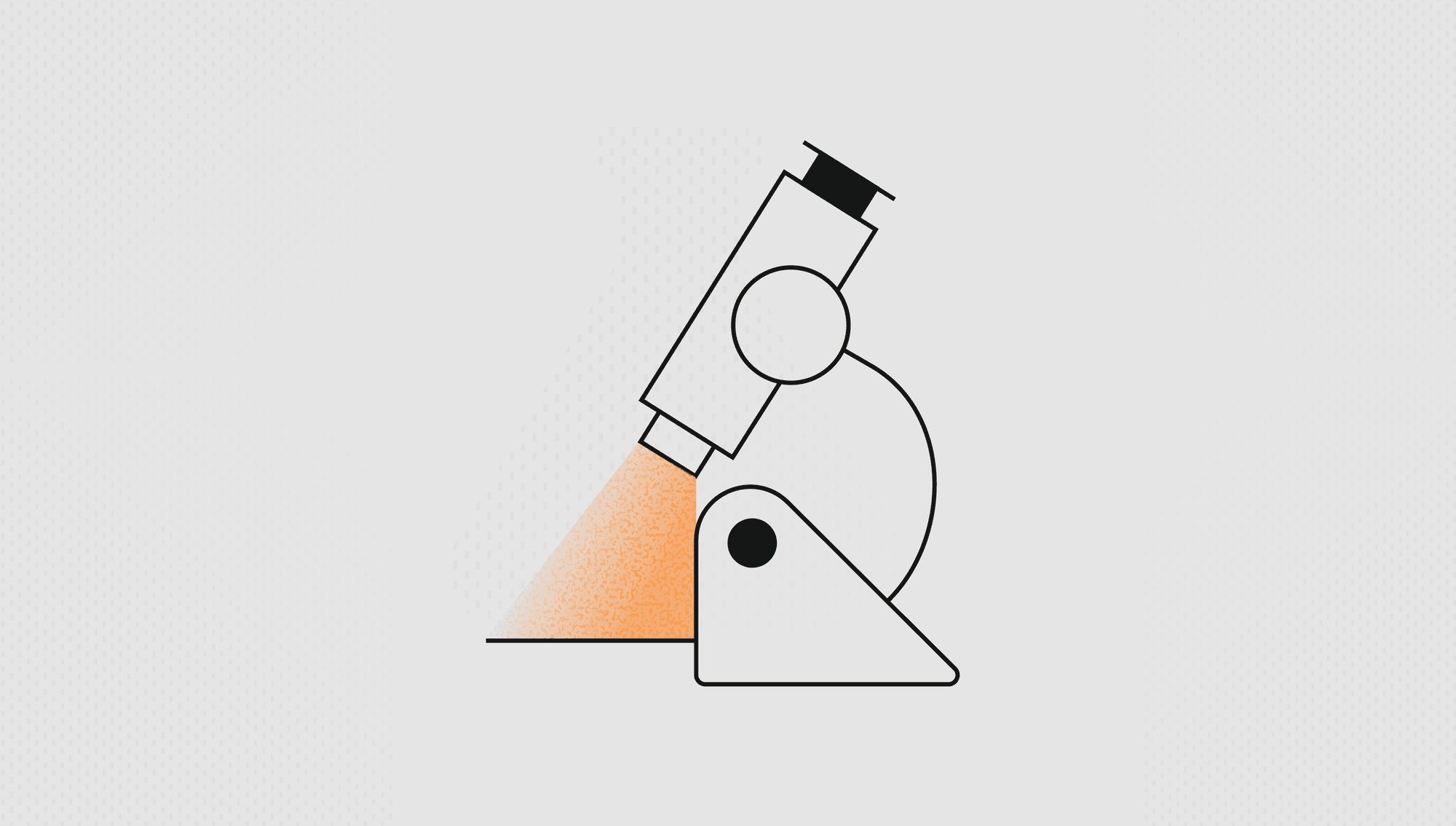Labelbox•March 9, 2023
Labelbox Engineer Matt Chambers wins 2023 Academy Award for Scientific and Technical Achievements

The film industry may be known more for celebrities, storytelling, and awards ceremony dramas, but it’s also a hotbed for technological innovation, particularly when it comes to visual effects. For ten years, Matt Chambers worked in VFX at both Sony Pictures Imageworks and Weta Digital, creating new ways to optimize rendering and enabling films like The Hobbit series, Dawn of the Planet of the Apes, Furious 7, and more to entrance audiences with inspiring, world-building scenery and visuals. This year, Chambers was recognized for his achievements in render farm management system design during his work on Cue3 and Plow with an Academy Award during the Scientific and Technical Awards presentation on February 24th.
Render farms are supercomputers comprising thousands of CPUs and huge amounts of memory. They’re essential to making a movie with visual effects and CGI, where every scene is created, frame-by-frame and pixel-by-pixel, by rendering software. “Take Avatar: The Way of the Water, for example,” said Chambers. “A single three-hundred frame shot from that movie would have taken a single machine with one CPU three-hundred years to render.” Character designs, modeling, and minute details like fabric and hair are all created via render farms. Among his many contributions to render farm management technology, Chambers designed two significant innovations for the render farm : a centralized architecture and containerization.

Reducing delays and risk with centralized task management
Typically, the instructions to render a specific image would live on one machine, even though the work itself was completed by multiple machines in the render farm. If the machine that contained the instructions crashed or was rebooted while the render was ongoing, the job would stop, resulting in delays for filmmakers. To prevent these instances, Chambers designed a centralized system where all the metadata and analytics of every process being run on the farm were stored in one central database. To create further efficiencies, that data was also used to build a scheduler that optimized the use of multi-core and high-memory hardware.
Increasing rendering efficiency with containerized projects
Before Chambers's next design was implemented, every film production project was assigned to a list of computers to prevent one computer from being used for multiple projects. Artists feared that sharing computers with another production put their projects at risk if the other project caused the computer to crash. To make rendering more efficient, Chambers designed a containerization solution, where every production was assigned a specific amount of CPU and memory rather than a number of machines. With this method, projects were kept separate even when being processed by the same machines. Now, containerization technology like Docker is ubiquitous, used by software developers across industries to keep different development projects separated in their own sandboxes.
Today, Matt Chambers is a Principal Engineer at Labelbox, where he works on Labelbox Catalog, a digital library that enables data scientists and machine learning teams to better explore and understand their unstructured data. “Labelbox would be a great tool for media and entertainment companies looking to catalog their digital library,” said Chambers. “You can label and tag your renders, reference material, images and video from different cameras, all in one place. You can also use the Boost team to tag videos and stills to make them searchable. And you get image similarity search, native language search, and other ways to find and slice your data without building it yourself.”
Congratulations to Matt on his Academy Award! If you’re interested in learning more about roles at Labelbox, check out our open positions and join our team as we build cutting-edge tools powering the next generation of AI applications.

 All blog posts
All blog posts

